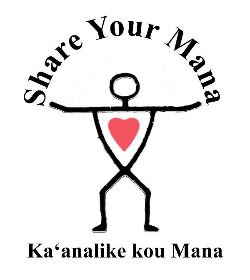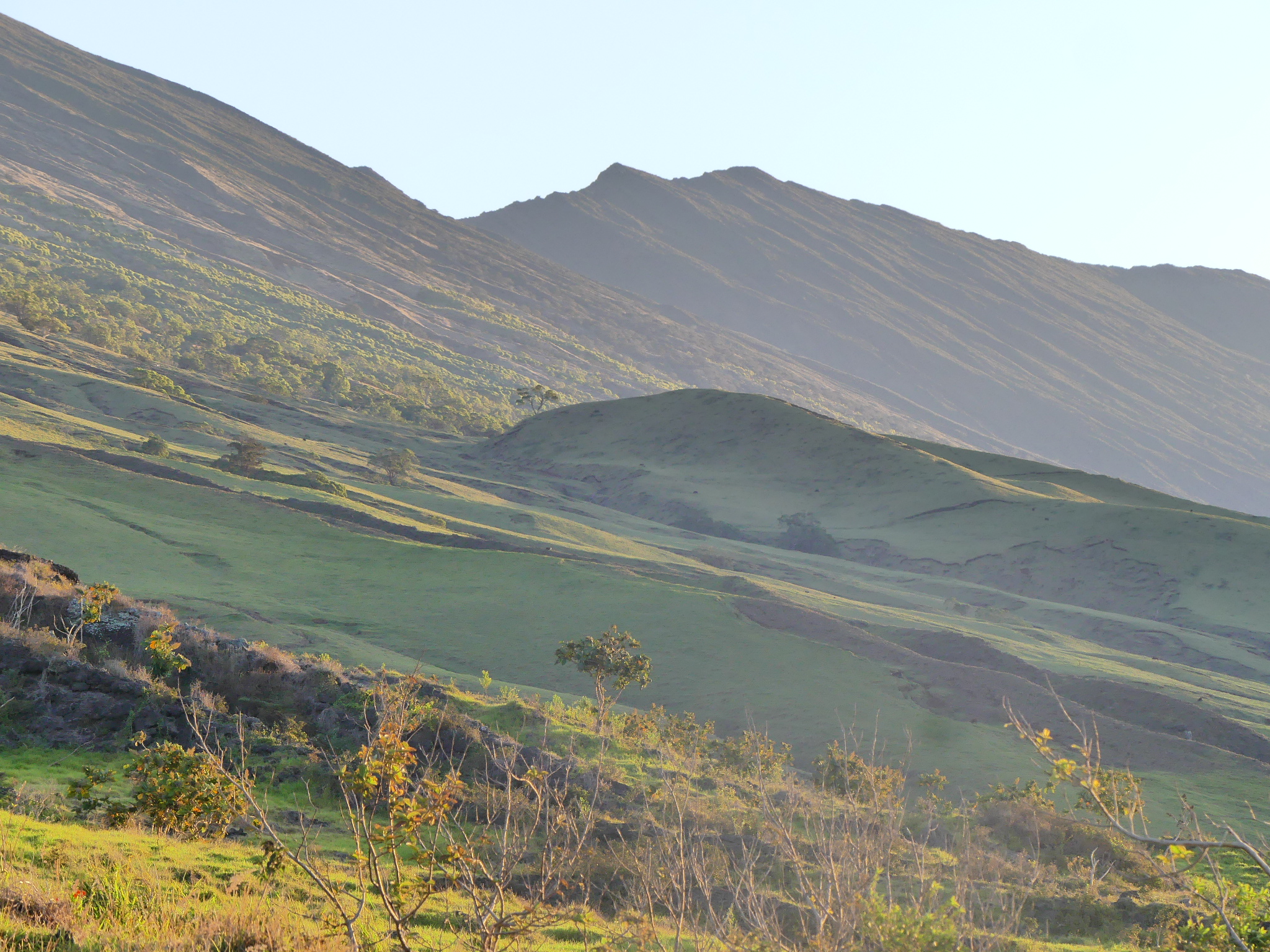
There has been 150 years of water theft from East Maui by conglomerate sugar barons. Their gross entitled attitudes have overflowed into abuse of power in cooperation with status quo, bought-off politicians. The reprehensible damage done to this remote East Maui area is not all visible. The fallow fields of kalo that once were, are easy to see …. the missing bodies of the farming landscape, are not. It has been estimated that from 1990-2010 88% of the able would-be farmers of this area were felled by drugs, prison and/or death.
For two decades, drugs were rampant in the rural villages of East Maui and it took another decade to rid the deep decay it caused. It took strong parents and elders to share stories, help families get by, and strengthen the next generation of non-drug users. In general, it has been found that rural areas have suffered from chronic drug problems. To address this, the American Farm Bureau Federation and the National Farmers Union have worked tirelessly on opioid addiction at the national policy level.

In the 1800’s, East Maui was the breadbasket of Maui – farming kalo, feeding its people, and exporting its excess. That changed in 1870 when Alexander & Baldwin starting diverting East Maui water for its sugar plantations which resulted in empty stream beds and fierce invasive species that began to dominate the area. After A&B received multiple water permit extensions and engaged in decades of mutli-layered, multi-agency rhetoric, East Maui’s demand for the end of water diversions prompted litigation by farmers and Hawaiian gatherers. Despite a court ruling that there shall be no additional extensions of temporary revocable water permits, the A&B real estate corporation, under the guise of sugar cane farming, has pleaded with gross ridicule against the area’s indigenous and intergenerational farmers.
A&B has not used appropriate metrics with regard to its business on Maui and the results have had a miserable and catastrophic impact. Its reliance on past corruption drives this company’s approach and, if it continues, this will lead to self sabotage. Everyone associated with the direction this company is taking is an accomplice to the fate of fallen farmers. Lack of adequate support for farmers occurs not only in Hawai‘i, but is also pervasive on the US mainland and in other farming countries.
“Besides weather, the entities that control farm prices largely have to do with business interests that lobby heavily at the state and federal levels. If the behavioral health state of farmers if poor, you can bet those lobbies are winning.” – Mike Rosmann is a farmer and clinical psychologist who runs AgriWellness, a non-profit connecting farmers to behavioral health services.
The tireless efforts of peaceful, law abiding residents have yet to achieve their objective of full stream flow restoration. There have been countless rallys, focus groups, meetings, public testimonies, and conversations for all who would listen. The one hundred fifty year water diversions are a sad chapter in Hawai‘i’s history. There’s no water under the bridge – and that’s the point!
The illegal overthrow of the Kingdom of the Hawaiian Islands and the U.S. State of Hawai‘i’s allegiance to corporate control has never seen such a spotlight. The people power of hanging topics on social media clotheslines leaves little wiggle room for continued unfair and greedy practices. Repeat offenses have spurred and strengthened Kingdom of the Hawaiian Islands connections and native tenant rights.
Intergenerational farming and ahupua‘a restoration are flourishing as State of Hawaii‘i elected officials once again consider extending water rights to A&B’s would-be successor, Mahi Pono. As this stretch of their 2019 legislative calendar comes to a close, all of Hawai‘i Nei looks for pono leadership from lawmakers. They can correct the longstanding injustice, let House Bill 1326 die, and restore water – hence food, people and place.

To reach 25 elected officials with your voice, see: waiforall.com/free-the-streams




You must be logged in to post a comment.